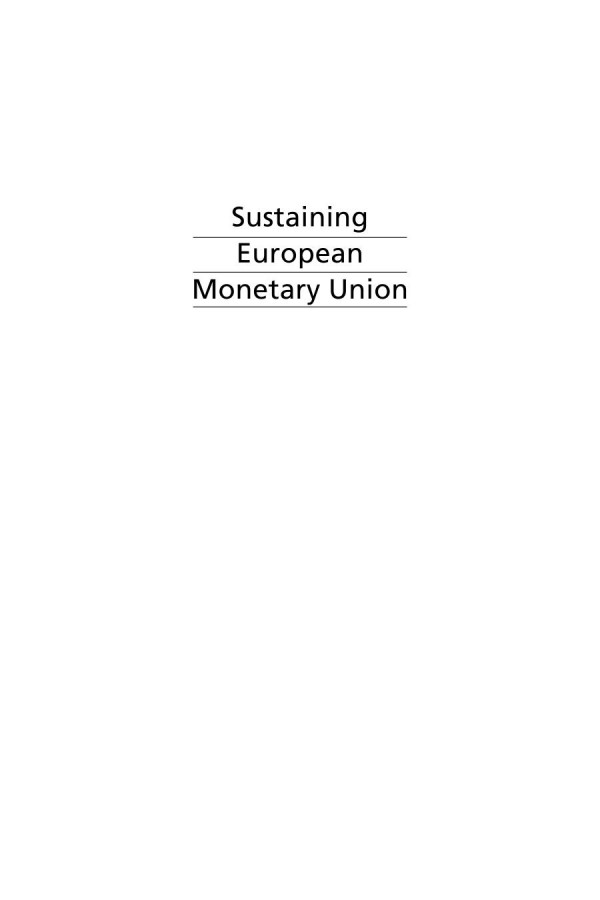

Most ebook files are in PDF format, so you can easily read them using various software such as Foxit Reader or directly on the Google Chrome browser.
Some ebook files are released by publishers in other formats such as .awz, .mobi, .epub, .fb2, etc. You may need to install specific software to read these formats on mobile/PC, such as Calibre.
Please read the tutorial at this link: https://ebookbell.com/faq
We offer FREE conversion to the popular formats you request; however, this may take some time. Therefore, right after payment, please email us, and we will try to provide the service as quickly as possible.
For some exceptional file formats or broken links (if any), please refrain from opening any disputes. Instead, email us first, and we will try to assist within a maximum of 6 hours.
EbookBell Team

4.1
60 reviewsThe tranquility of the European Union's transition to the euro in 1999 contrasted dramatically with the preceding tumultuous decades of exchange rate crises and political upheavals. But have the EU member states in fact converged sufficiently to make monetary union a stable alternative? Or is EMU an institutional lid on a simmering pot of diverse economies, in which tensions are building to a future blowup? And if the latter, what can be done to remedy the situation? Arguing that EMU is disproportionately socially expensive for many of the present and potential member states, Tal Sadeh's rigorous analysis focuses on the problematic implications of the EU's economic and political diversity. Sadeh is particularly concerned with the domestic structural and institutional reforms that will be necessary to sustain EMU. His supporting quantitative data covers 43 countries: all of the EU member states, the candidate countries, and the EU's neighbors in the Middle East, North Africa, and Eastern Europe.